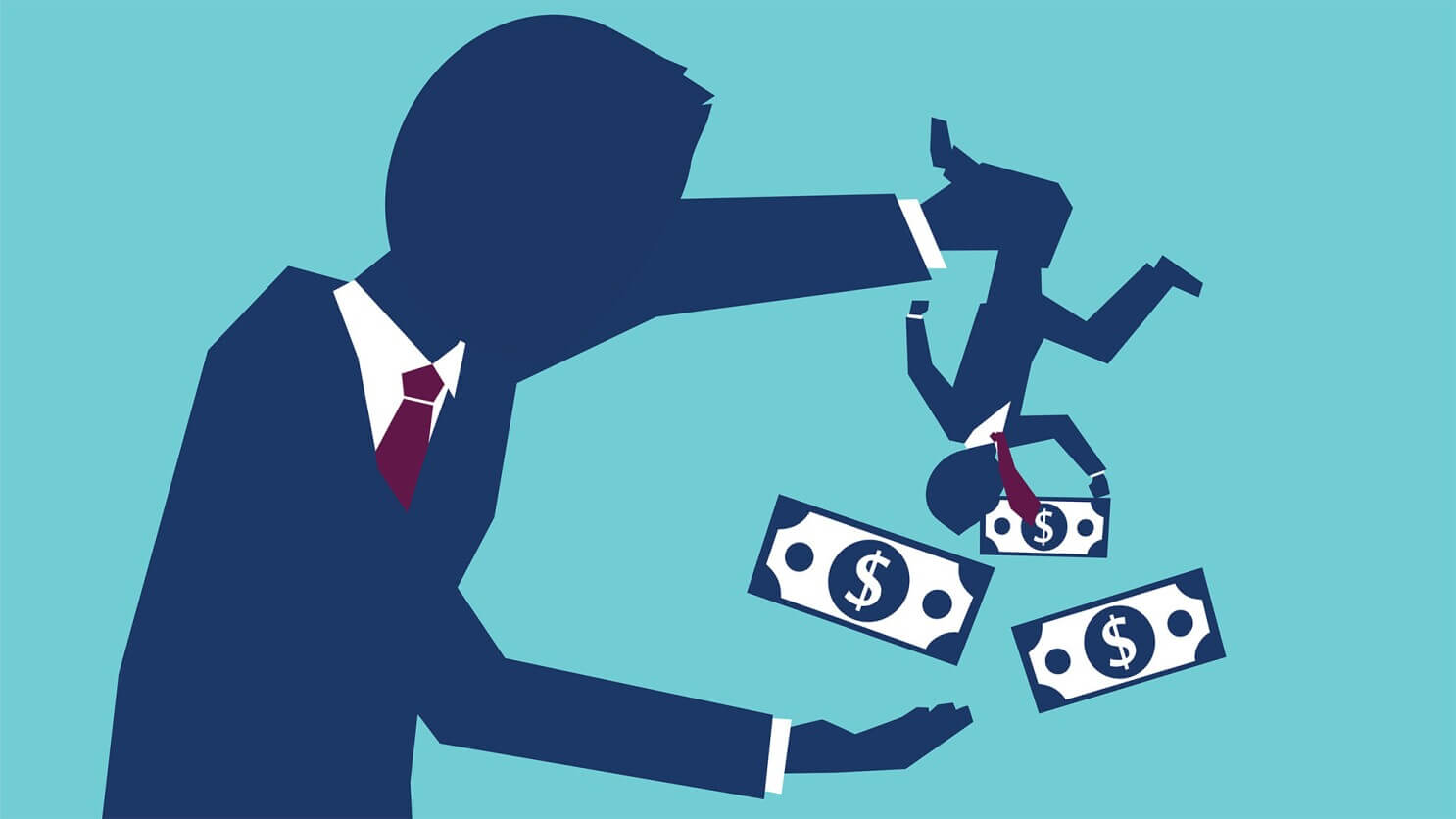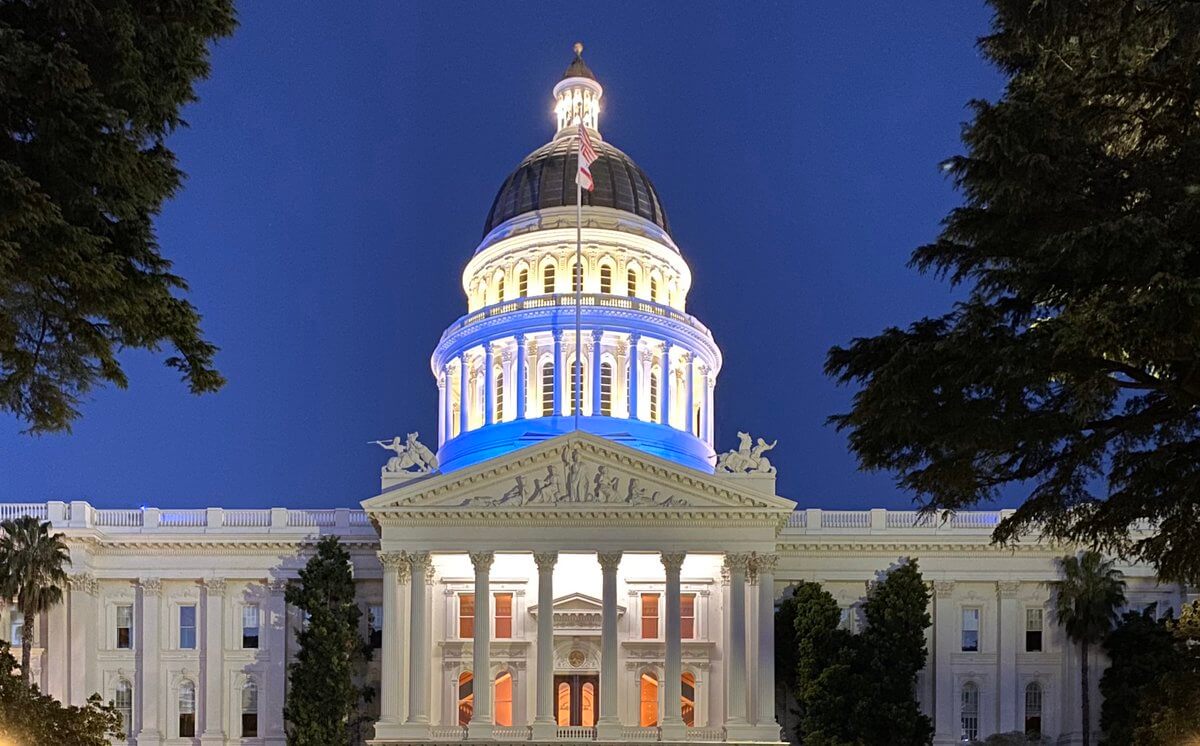
Will landlords need to wear the hat of a debt collector?
Collecting COVID-related rent debt will be no easy feat. Unless the government picks up the tab, we are not overly confident that rental housing providers will be made whole.
Throughout the long, dark winter of the pandemic, the job description of the landlord has evolved. Traditionally, this role entailed screening rental applicants, providing housing in exchange for rent, ensuring that the unit is in livable condition, and making the occasional repair when necessary.
This is an oversimplified version, we know - there are a whole host of obligations rental housing owners have. But laws and government edicts in response to the public health crisis added new ones that burst out of the mold.
Landlords became credit counselors and de facto social workers in educating tenants on their rights and providing a myriad of notices. They had to make at least a good-faith effort to compile household information and apply for governmental rental assistance, and prove they did everything in their power to pair nonpaying tenants with organizations and government entities willing to help financially.
As of April 1, these outreach efforts are behind us as the opportunity to apply for rent rental assistance dollars has seemingly passed, but will landlords now be forced to wear the hat of a debt collector? The answer will hinge, in part, on the fate of two bills working their way through the legislative process.

SB 1324 looks to amend Sections 1788.2, 1788.11, and 1788.17 of the Civil Code, and to amend Section 100002 of the Financial Code, relating to debt collection. Landlords endeavoring to recover a rental debt that has accrued since January 2019 would be deemed to be collecting "consumer debt" and thus, subject to an onerous set of rules designed to protect the banking and credit system.
These fair debt collection practices statutes are aimed to promote reasonable, honest, and fair debt collection practices by establishing minimum standards of conduct for debt collection.
Debt collectors are prohibited from engaging in unfair, deceptive, heavy-handed tactics when collecting a debt. Seems innocuous enough, right? Bornstein Law is certainly in favor of being fair to tenants who have arrears. But this would subject landlords to a whole host of new obligations in an already complicated regulatory regime.
Incidentally, California's Debt Collection Licensing Act, California Financial Code Section 100000 et seq., took effect on January 1, 2022, and has resulted in some confusion over just which debt collector has to be licensed. The cerebral types can read more in this JDSUPRA article.
SB 1324 flies in the face of case law that has ruled that residential rent is not a consumer transaction and that debt collection is not a landlord's principal purpose of business. Rent certainly shouldn't be considered a consumer credit transaction; the cost of housing is paid upfront and so there is no credit extended whatsoever.
The California Apartment Association has also asked the bill's author to further clarify that under state law, "rental debt" is only the COVID-related rent debt incurred between March 1, 2020, and March 1, 2022.
Fortunately, however, this crackpot legislation has little chance to pass in our view - it will wither and die. It has been relegated to a "suspense file," which is the graveyard for many bills, as explained here.

Another bill would bode well for our community
SB 847 would infuse sorely needed rental assistance dollars to landlords who have been left in the lurch, either because the tenant refused to cooperate with an application for governmental funds, or the tenant/applicant did not qualify.
Many in the landlording community know of some types of tenants who had the means to pay but did not. They maintained a plush job throughout the pandemic, worked every day, and perhaps spent their earnings on a new Tesla. We are happy to report that those days are over, and the hemorrhaging has stopped except for Alameda County, where a pair of lawsuits are challenging a draconian eviction moratorium still in place.
Under the proposed legislation, small, mom-and-pop owners would be first in line to receive these funds. While Bornstein Law is able to assist in seeking a judgment in civil courts for unpaid rent debt, the passage of SB 847 would be ideal so that we won’t have to go down that path.
Some bottom-line statements in parting thoughts
We have said many times and in so many ways that even if our clients obtain a judgment in civil courts, it is merely a piece of paper, and the recovery of that debt is a whole different story yet to unfold.
Every now and then, we have tenants with an upward trajectory in life who pay a judgment because it can be a stain on their credit and will want it erased in order to be approved for a mortgage or be approved for a car loan. Sometimes jubilant clients get a call from us 2, 5, or 10 years later from us informing them that a judgment has been paid off.
Sadly, however, a mountain of rent debt can be considered permanently lost income. Politicians have been quick to point out that rent debt is deferred, but not forgiven - the tenant in arrears will have to pay the piper. But does anyone really believe that tenants by and large will make good on this IOU?
Make no mistake that there will be a mountain of rent debt that will go unrecovered. If debt collection is outsourced to a third party, the landlord will recover pennies on the dollar.
It is against this gloomy backdrop that we hope SB 847 is passed.
Our firm can help you prepare your case in small claims court, but for astronomical amounts of rent debt, it may be prudent to seek this debt in Superior Court, where clients will find more due process and benefit by being represented by an attorney from Bornstein Law.
